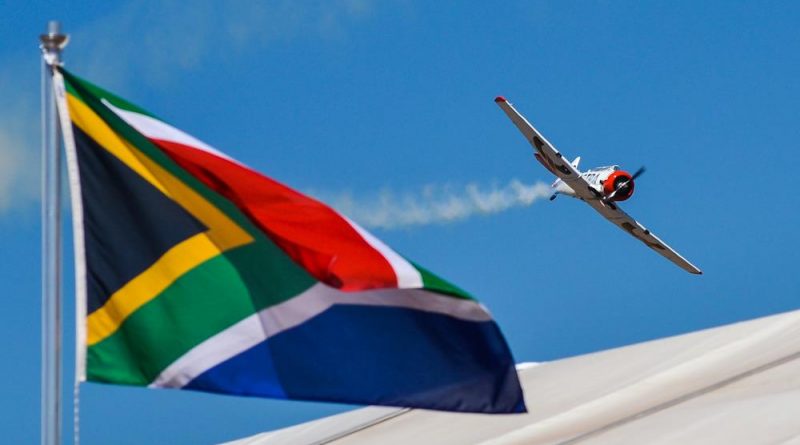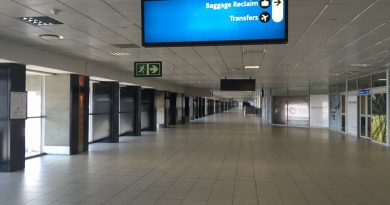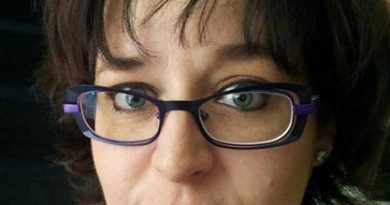Survey: How Proud are we to be part of the South African Population?
Imagine South Africa today as a village in which 100 adults live. In this village, almost 8 out of every 10 people (77 out of 100) are proud to be South African. Young people of 18-24 years old (including the “Born Frees” are marginally more proud to be South African (80%).
The politics of the population
In spite of this pride, South Africans are worried about the future and An opinion shared by a third of the villagers (36%)– young and old – is that that things are going in the wrong direction in South Africa. Looking ahead to the coming local government election next year, 35 out of 100 say there is no political party that represents their views. Political parties thus have their work cut out for them!
A view that is still very prevalent in the South African village is that men make better political leaders than women do: 36 out of the 100 villagers are of this opinion – 20 of them men and 16 women. It is also very interesting that young people in South Africa are not necessarily more in favour of gender equality than their parents and 36% of the 18-24 age group would rather put their trust in a male political leader – as opposed to a female leader.
Looking ahead, this relative uncertainty about politics is also mirrored in other views on the future and only 60 out of the 100 villagers think that their children have a bright future ahead of them. Optimism is usually associated with youth and in this case 66% (two thirds) of young people think that South African children have a bright future lying ahead.
Rich South African, Poor South African
While a significant proportion (33%) would not disclose information about their household income, the majority of those who answered indicated that their households live on an income of below R10,000 per month.
| Household income before tax or other deductions | Percentage |
| R 30 000 + | 3 |
| R 20 000 – R 29 999 | 5 |
| R 14 000 – R 19 999 | 4 |
| R 10 000 – R 13 999 | 7 |
| R 5 000 – R 9 999 | 15 |
| R2 500 – R 4999 | 14 |
| R 1000 – R 2499 | 14 |
| Up to R999 | 3 |
| No income | 2 |
| No answer | 33 |
When asked directly, a quarter (26%) of South Africans regard themselves as poor, 15% say they are not poor and most South Africans (55%) say that they are somewhere in the middle – an opinion confirmed by the statistics in the table above.
When it comes to affordability however, it is clear that many South Africans battle to afford some of the basic necessities in life – 46% say they battle to afford food, 47% say they cannot afford education, and 60% say that it is difficult to afford housing.
To make ends meet, almost three in every ten (29%) of adult South Africans get a grant from the government. If we go back to the analogy of the village, the 29 adults are made up of 21 women and 8 men.
In terms of employment, three in every ten (30%) of women are employed full-time or part-time. A significantly larger proportion of men (47%) are employed either full-time or part-time. Thus the proportion of unemployed women is much larger than the proportion of unemployed men.
| Total population | % of women | % of men | |
| Working full-time of part-time | 38% | 30% | 47% |
| Student | 13% | 12% | 15% |
| Retired | 11% | 11% | 11% |
| Housewife | 4% | 8% | – |
| Unemployed | 34% | 39% | 27% |
Education:
40% of the population has completed their matric but only 9% have progressed further than this – to technikon or university.
| Total population | % of women | % of men | |
| No schooling | 2% | 2% | 2% |
| Some primary school | 55% | 6% | 4% |
| Primary completed / some high school | 39% | 39% | 38% |
| Matric | 40% | 40% | 40% |
| Technikon diploma / deg. Completed | 6% | 6% | 7% |
| University degree completed | 3% | 3% | 3% |
| Professional / technical / secretarial | 5% | 4% | 6% |
Internet Access
90% of the adult South African population have a cell phone and 22% have a laptop or a computer. However, two thirds do not have access to the internet. Currently, a third of adults access the internet via cell phones, 7% at work and 7% at home.
| Total population | % of women with internet access | % of men with Internet Access | |
| Via cell | 30% | 28% | 31% |
| @ work | 7% | 6% | 8% |
| @ home | 7% | 6% | 7% |
| No access | 66% | 68% | 64% |
Technical detail:
A total of 3564 personal face-to-face interviews were conducted with randomly selected adult South Africans. The interviews were done in the homes and home languages of respondents. Trained quantitative fieldworkers from all population groups were responsible for the interviewing, which took place from 20 March to 17 April 2015. This methodology ensured that the results are representative of the views of the universe and that findings can be weighted and projected to the universe – i.e. adult South Africans.
Interviews were done using CAPI (Computer Assisted Personal Interviewing) and all results were collated and analysed in an aggregate format to protect the identity and confidentiality of respondents.
All sample surveys are subject to a margin of error, determined by sample size, sampling methodology and response rate. The sample error for the sample as a whole at a 95% confidence level is a maximum of 1,67.
About Ipsos
Ipsos is an independent market research company controlled and managed by research professionals. Founded in France in 1975, Ipsos has grown into a worldwide research group with a strong presence in all key markets. Ipsos ranks third in the global research industry.
With offices in 86 countries, Ipsos delivers insightful expertise across six research specializations: advertising, customer loyalty, marketing, media, public affairs research, and survey management.
Ipsos researchers assess market potential and interpret market trends. They develop and build brands. They help clients build long-term relationships with their customers. They test advertising and study audience responses to various media and they measure public opinion around the globe.
Ipsos has been listed on the Paris Stock Exchange since 1999 and generated global revenues of €1,712,4 million (2 274 M$) in 2013.
Visit www.ipsos.co.za to learn more about Ipsos’ offerings and capabilities.






